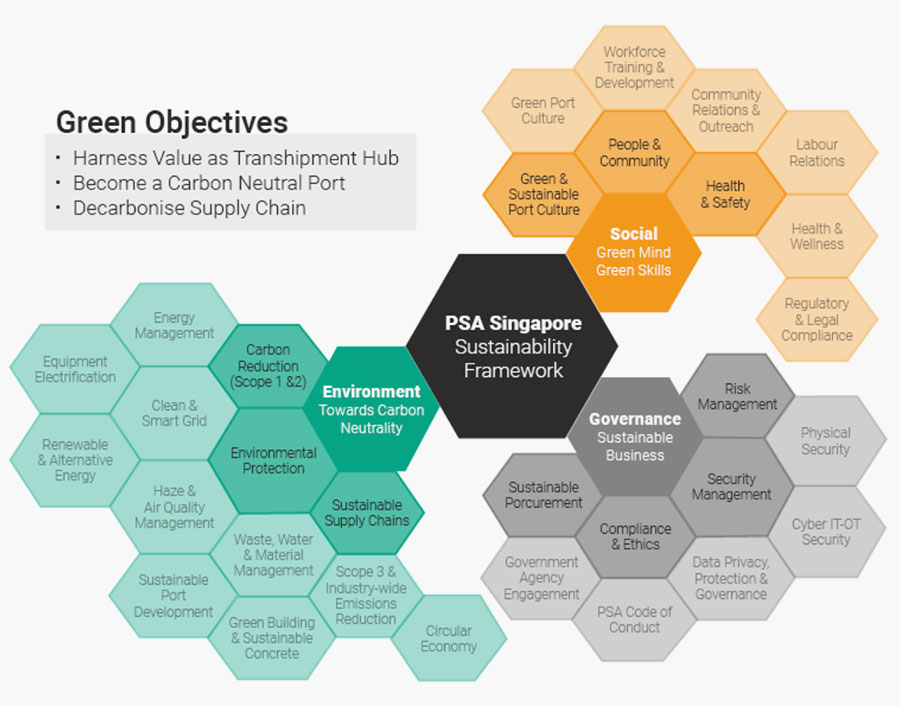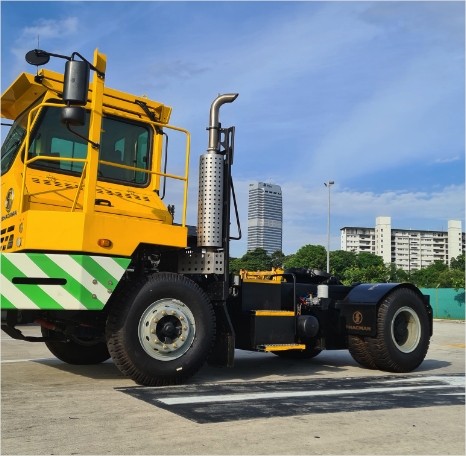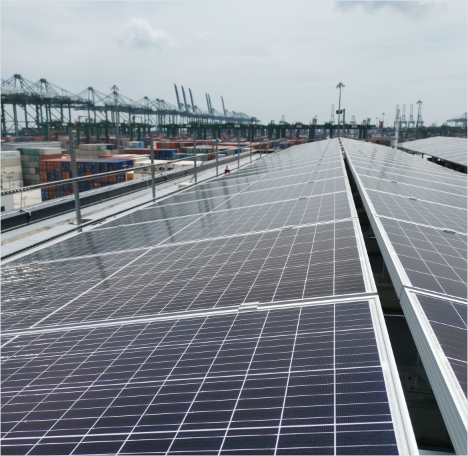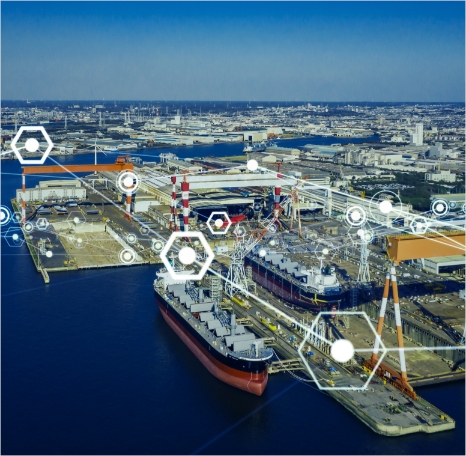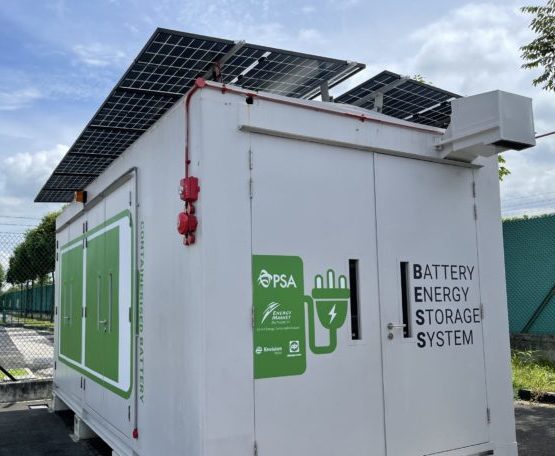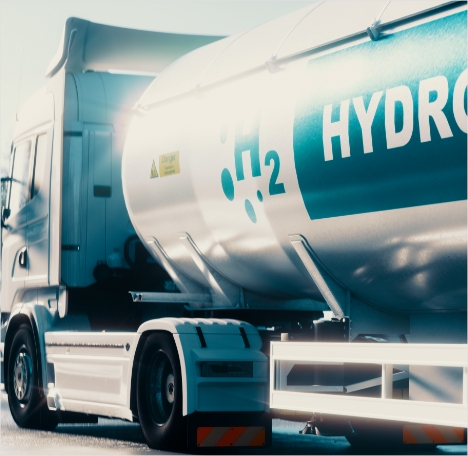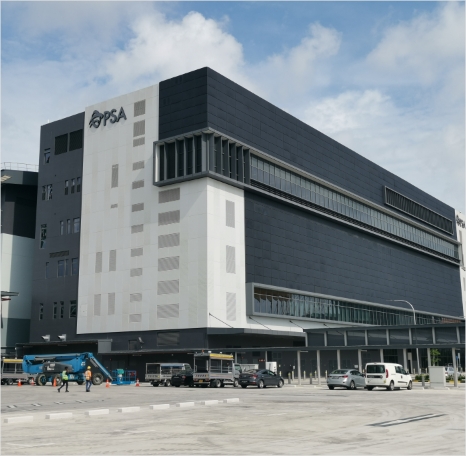Our Commitment
We Act On What We Believe In
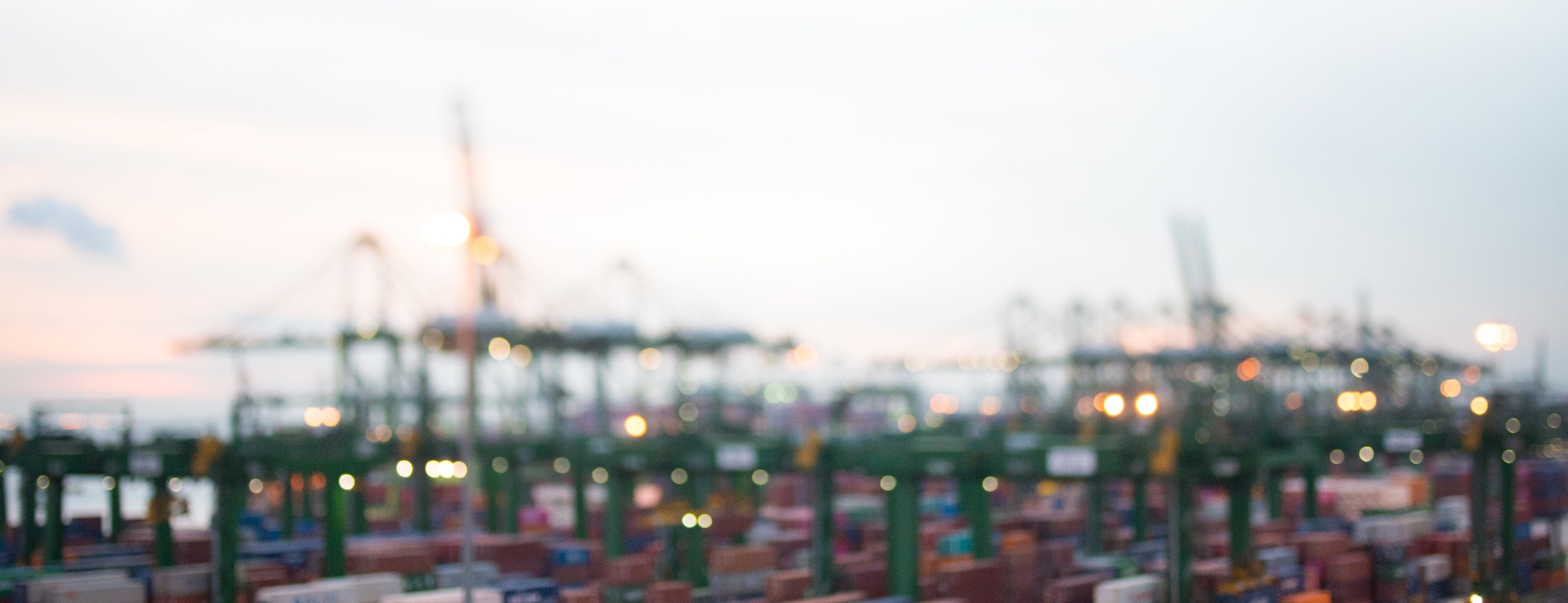
We Act On What We Believe In
We are driven by our purpose and committed to sustainable value creation. To be a responsible corporate citizen, we ensure our foundation is built on responsible corporate practices and commitments. The Code reflects PSA’s business principles and offers guidance on what is expected of PSA employees in dealing with critical issues. As a business, PSA Singapore is committed to reduce carbon footprint, protect the health and safety of our people, safeguard the security of the port, and give back to the community we operate in.
In PSA Singapore, sustainability is not an option, but a responsibility to ensure the resiliency of our business, enabling growth without compromising on the environment and needs of the next generation. Our targets to reduce greenhouse gas (GHG) emissions are aligned with Singapore’s climate ambitions.
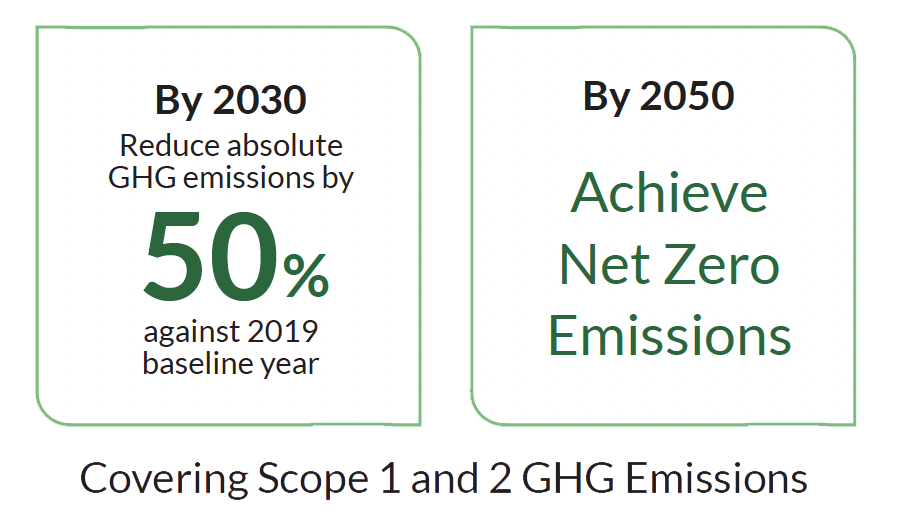
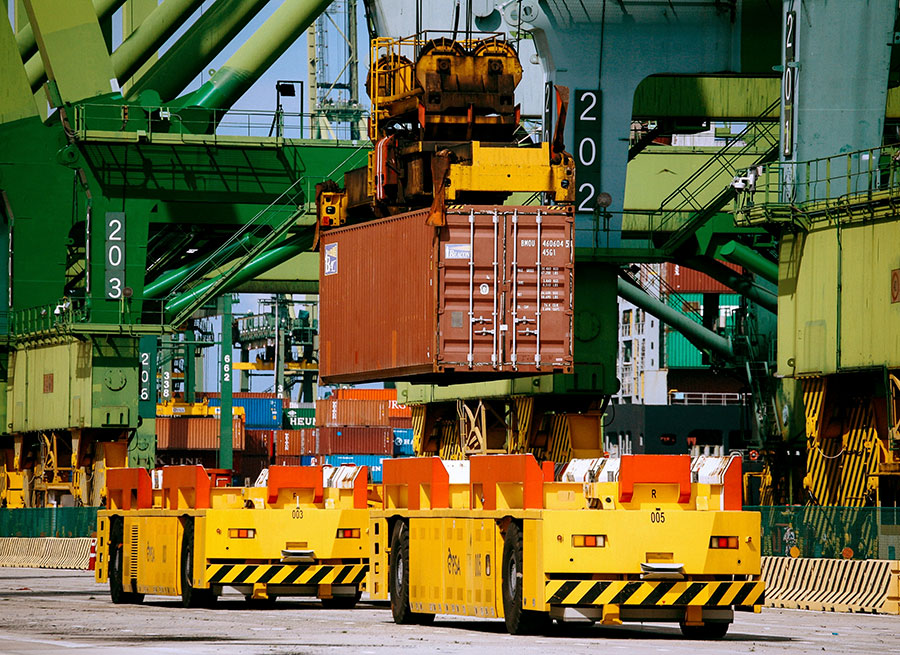
To date, PSA Singapore has developed decarbonisation efforts across our entire value chain – Scope 1 (direct emission from our equipment), Scope 2 (indirect emissions from power generation) and Scope 3 (all other indirect emissions in our value chain).
The decarbonisation of port operations is the focus of PSA Singapore’s Environment, Social and Corporate Governance (ESG) framework. We have actively reduced our dependence on fossil fuels. Our three-track decarbonisation strategy – low-carbon fuels, renewables and electrification – dovetails with our overall business expansion and sustainability strategies.
Click here for an overview of our ongoing sustainability efforts.
